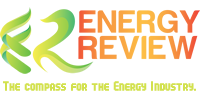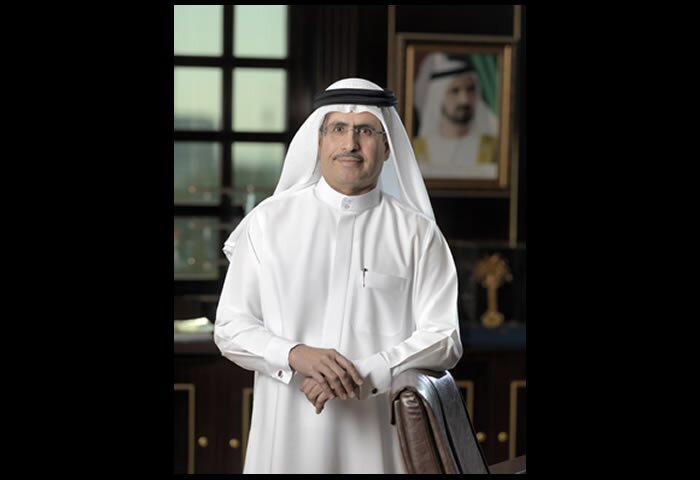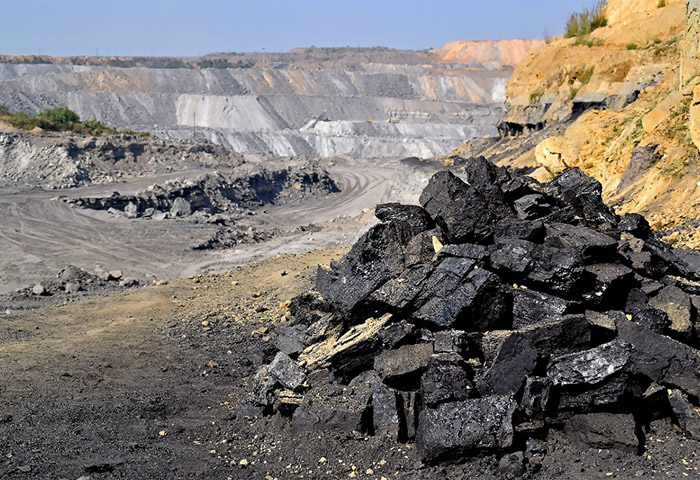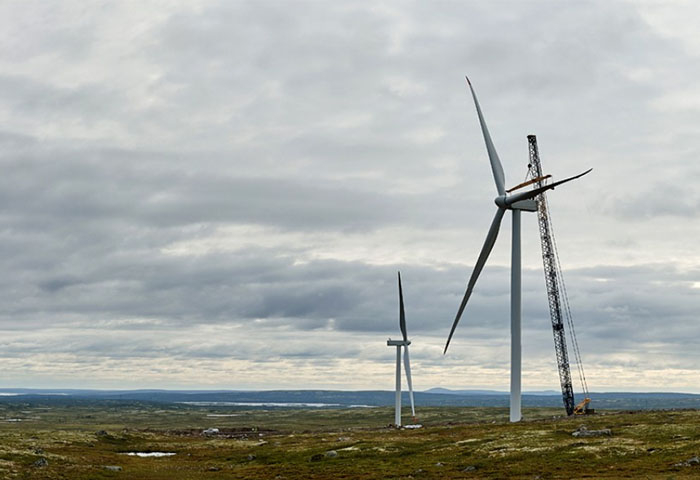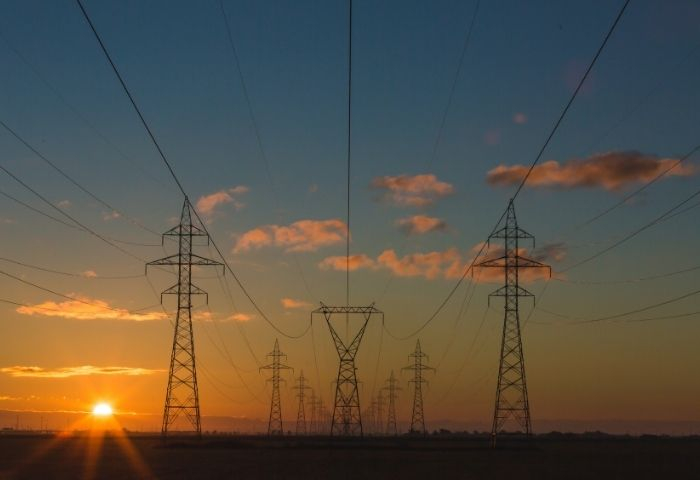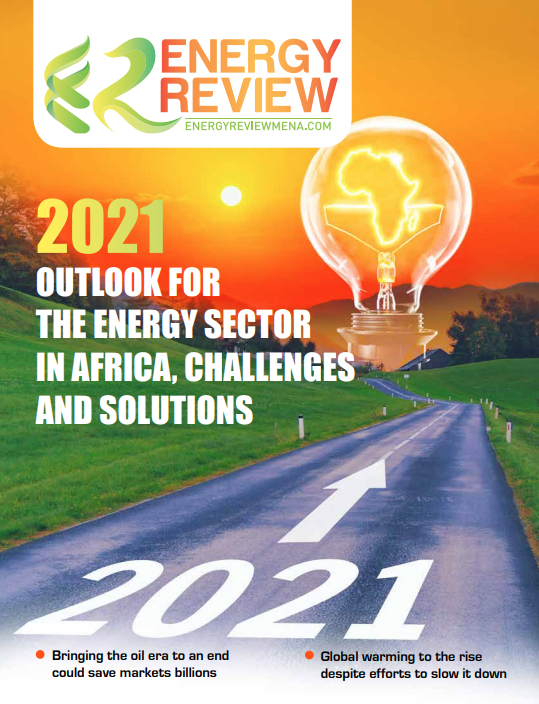Under the wise guidance and direction of the UAE leadership, the Dubai Electricity and Water Authority (DEWA) has achieved many milestones in promoting clean energy and digital transformation in the energy and water sectors by efficiently utilizing the tools of the Fourth Industrial Revolution and disruptive technologies.
The UAE, represented by DEWA, retained its first global place for the third consecutive year in the World Bank's Doing Business 2020 report that measures the ease of doing business in 190 economies. DEWA achieved 100% in all Getting Electricity indicators. In 2020, DEWA won the European Foundation for Quality Management (EFQM) Global Award becoming the first and only organisation outside Europe to win the prestigious award.
During the COVID-19 pandemic, DEWA contributed relentlessly with its business continuity plans across the organization as part of a comprehensive policy to reduce the impact of the global pandemic.
In an exclusive interview with Energy Review, His Excellency Saeed Mohammed Al Tayer, MD & CEO of DEWA shares some insights into the organisation’s efforts.
With the changes imposed by the COVID-19 pandemic, how has DEWA succeeded in facing the existing challenges to ensure continuity in all its sectors?
The vision of His Highness Sheikh Mohammed bin Rashid Al Maktoum, vice president and prime minister of the UAE and Ruler of Dubai, guides all our efforts to achieve excellence in our work. DEWA operates a rigorous risk management system and enhances its resilience by improving its ability to anticipate risks and prepare for change, to ensure business continuity.
Despite the pandemic, DEWA continued to maintain its electricity and water supply for over a million customers in Dubai according to the highest levels of efficiency, reliability and availability. It also continued implementing its sustainable projects and initiatives in line with its plan to increase the share of clean and renewable energy.
DEWA has in place a comprehensive plan to ensure the continuity of fieldwork at its power generation and water desalination plants. It also maintains the operation, maintenance, lab tests, among other vital work to ensure the continuity of providing electricity and water services for all customers.
Smart adoption at DEWA reached 98.6% in Q4 of 2020. In March 2021, DEWA received the 100% Paperless Stamp from Smart Dubai, in recognition of its success in completing the digital transformation of all its operations and services.
In light of the rapid transition towards adopting digital strategies, has digital transformation become an essential component of emergency crisis management? What are the achievements of DEWA in this field?
Organisations must always evolve to keep pace with changes and turn challenges into opportunities within a comprehensive system of integrated organisational work. DEWA’s resilience and agility play a key role in its success and excellence. We do this by identifying opportunities, analysing the internal and external environment, and defining stakeholders’ needs, and turning them into strategic initiatives. DEWA’s practices have become a benchmark for many organisations around the world.
DEWA signed several global partnerships with major technology organisations to support shaping the future. This enhances its leadership among major international utilities. DEWA is also the first government utility to join the Centre for the Fourth Industrial Revolution of the World Economic Forum (WEF) as a partner. DEWA is also the first public utility in the world to form a strategic partnership with Berkeley Artificial Intelligence Research Lab; and is the first utility in the world and the first organisation outside the US to participate in Microsoft’s Quantum programme.
Did keeping pace with the Fourth Industrial Revolution contribute to enhancing innovation at DEWA?
At DEWA, we place innovation at the top of our priorities to achieve government plans and strategies. These include the National Innovation Strategy to make the UAE one of the most innovative countries globally and embark on a new phase that promotes innovation among individuals and businesses. It also aims to focus on sectors that will lead innovation in the future, including renewable and clean energy; as well as the Dubai Innovation Strategy to make Dubai the most innovative city in the world. DEWA has established the Innovation Centre at the Mohammed bin Rashid Al Maktoum Solar Park to support innovation and creativity in all areas of clean and renewable energy, raise awareness about sustainability, and enhance national capacity.
DEWA promotes a culture of innovation among its employees and society. It adopts innovation in its work through an institutional approach and is moving steadily towards the next 50 years by building a sustainable future. In January 2021, DEWA approved 1,500 innovative ideas, out of the suggestions submitted by its employees and customers since the start of 2020 through various channels. These include the Afkari (My Ideas) portal, DEWA’s internal online platform to encourage creativity and innovation in the work environment; the Mohammed bin Rashid Smart Majlis, and the Unified Suggestions Portal of Dubai Government.
What are the future smart and digital plans and projects that the authority aims to activate in the Emirate of Dubai?
Adopting innovation across all DEWA’s sectors has helped it become one of the most prominent utilities in the world. Through Digital DEWA, its digital arm, DEWA is disrupting the entire business of public utilities by becoming the world’s first digital utility to use autonomous systems for renewable energy and storage, while expanding the use of Artificial Intelligence and digital services.
Over the past year, DEWA signed several agreements with local and international technology companies to accelerate its digital transformation, in line with its vision to become a globally leading sustainable innovative corporation. These include signing a Memorandum of Understanding (MoU) with Dell Technologies to collaborate on workforce transformation solutions for customers in the UAE; signing another MoU with du to speed up digital transformation in Dubai; and with Dubai Municipality to consolidate cooperation on developing a geolocation infrastructure project in Dubai as part of the Geo Dubai initiative.
With the diversity of digital services and the increase in competition between companies, what are the challenges facing the Dubai Water and Electricity Authority? And how to activate its position in the Middle East?
One of the key challenges lying ahead of DEWA’s work is balancing economic development and environmental sustainability. With the increasing climate change challenges worldwide, DEWA and all utilities are tasked with a responsibility to ensure a more sustainable future for generations to come. This is through implementing renewable and clean energy projects.
DEWA is working to achieve the Dubai Clean Energy Strategy 2050 to provide 75% of Dubai’s total power capacity from clean energy sources by 2050. One of the key projects to achieve this strategy is the Mohammed bin Rashid Al Maktoum Solar Park, the largest single site solar park in the world using the Independent Power Producer (IPP) model. DEWA will add 600 megawatts (MW) of clean energy capacity using photovoltaic solar panels and Concentrated Solar Power (CSP) during 2021. This will increase DEWA’s total power capacity from clean energy to 1,613 MW compared to 1,013 MW currently.
